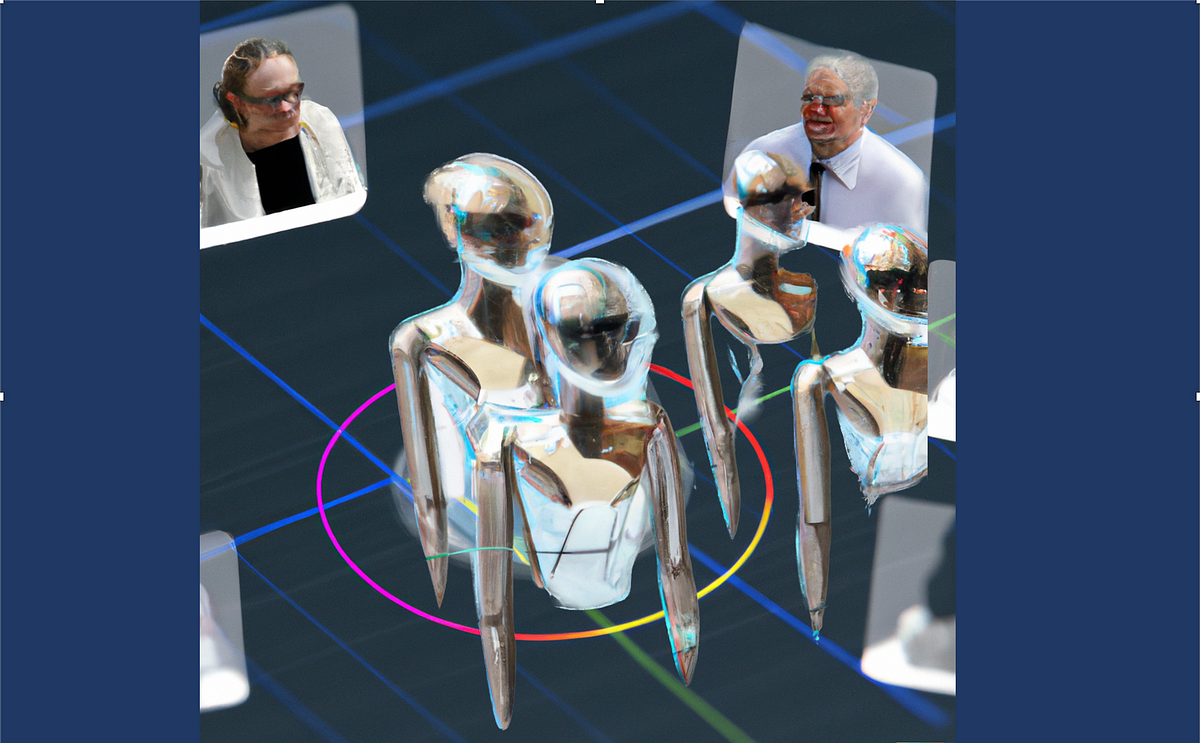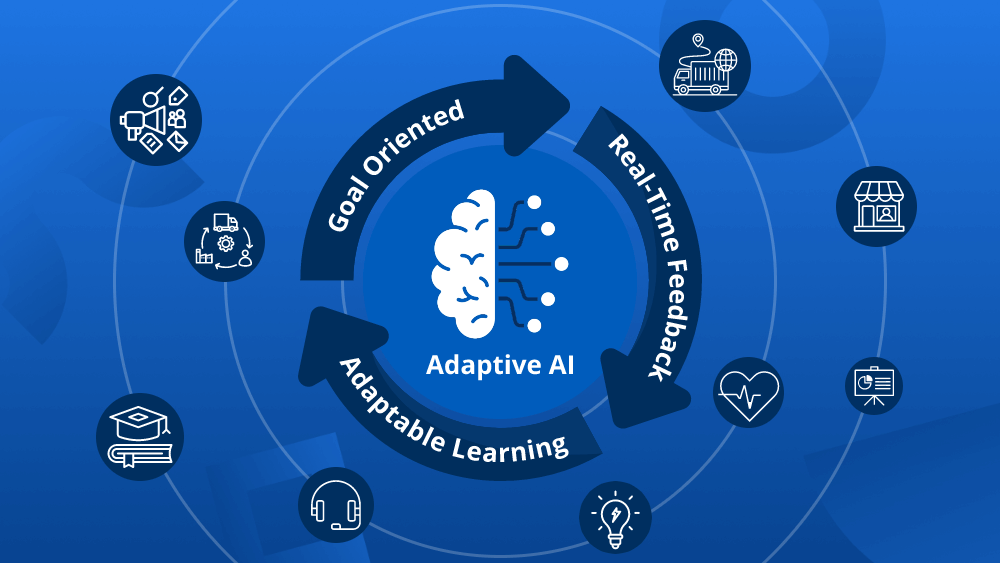Within large language models (LLMs), one of the main challenges researchers face is the necessity of expanding the context window to achieve maximum performance on long sequences. A key consideration is finding the ideal balance between extending this window and ensuring that brief jobs are handled efficiently. Researchers from Texas A&M University and Amazon propose SelfExtend, which provides an inventive solution to this complex issue. This new method uses LLMs’ innate ability to easily handle longer sequences while maintaining their performance on shorter jobs.
The research team closely evaluates the available tools and methodology as we navigate the present environment of LLM methodologies. SelfExtend stands out in particular because it deviates from the conventional fine-tuning course. Rather than fine-tuning, the method uses an inference-focused approach. SelfExtend is unique because it dynamically adapts to brief text segments while maintaining the LLM’s initial performance, which is frequently difficult for conventional fine-tuning techniques.
Whereas existing approaches may require lengthy fine-tuning procedures, SelfExtend takes a different approach. It establishes itself as a leader by dynamically adapting to changing contextual demands and easily integrating pre-existing models. This divergence from traditional fine-tuning highlights SelfExtend’s adaptability and its potential to solve the problems presented by short.
Looking more closely at the details of SelfExtend, the technique is based on cleverly using relative locations that are not visible. These positions are skillfully linked to well-known instances from pretraining using the FLOOR operation. The key to SelfExtend’s efficacy is how it handles this mapping process deftly. Extensive tests in many fields, such as language modeling, synthetic Passkey Retrieval, and real-world benchmarks, demonstrate the effectiveness of SelfExtend.
The most notable accomplishment is SelfExtend, which performs as expected and outperforms existing fine-tuning techniques on various datasets. The performance metrics demonstrate its effectiveness in expanding the context window for LLMs without requiring lengthy tweaking procedures. An interesting ablation study highlights the flexibility of SelfExtend in various settings by clarifying the subtle effects of changing parameters.
Essentially, SelfExtend shows the path ahead for LLM context window extensions. In contrast to conventional methods, the research team indicates that SelfExtend dramatically enhances LLM performance in tasks with extended contexts without additional fine-tuning. Although the study acknowledges many drawbacks, such as the lack of Flash Attention and sensitivity to large group sizes, it also opens the door for further research and a better understanding of the intrinsic ability of LLMs to handle vast amounts of contextual data. In addition to addressing a particular issue, this effort advances our knowledge of LLM potential in various linguistic contexts.
Check out the Paper. All credit for this research goes to the researchers of this project. Also, don’t forget to follow us on Twitter. Join our 35k+ ML SubReddit, 41k+ Facebook Community, Discord Channel, and LinkedIn Group.
If you like our work, you will love our newsletter..
Madhur Garg is a consulting intern at MarktechPost. He is currently pursuing his B.Tech in Civil and Environmental Engineering from the Indian Institute of Technology (IIT), Patna. He shares a strong passion for Machine Learning and enjoys exploring the latest advancements in technologies and their practical applications. With a keen interest in artificial intelligence and its diverse applications, Madhur is determined to contribute to the field of Data Science and leverage its potential impact in various industries.


